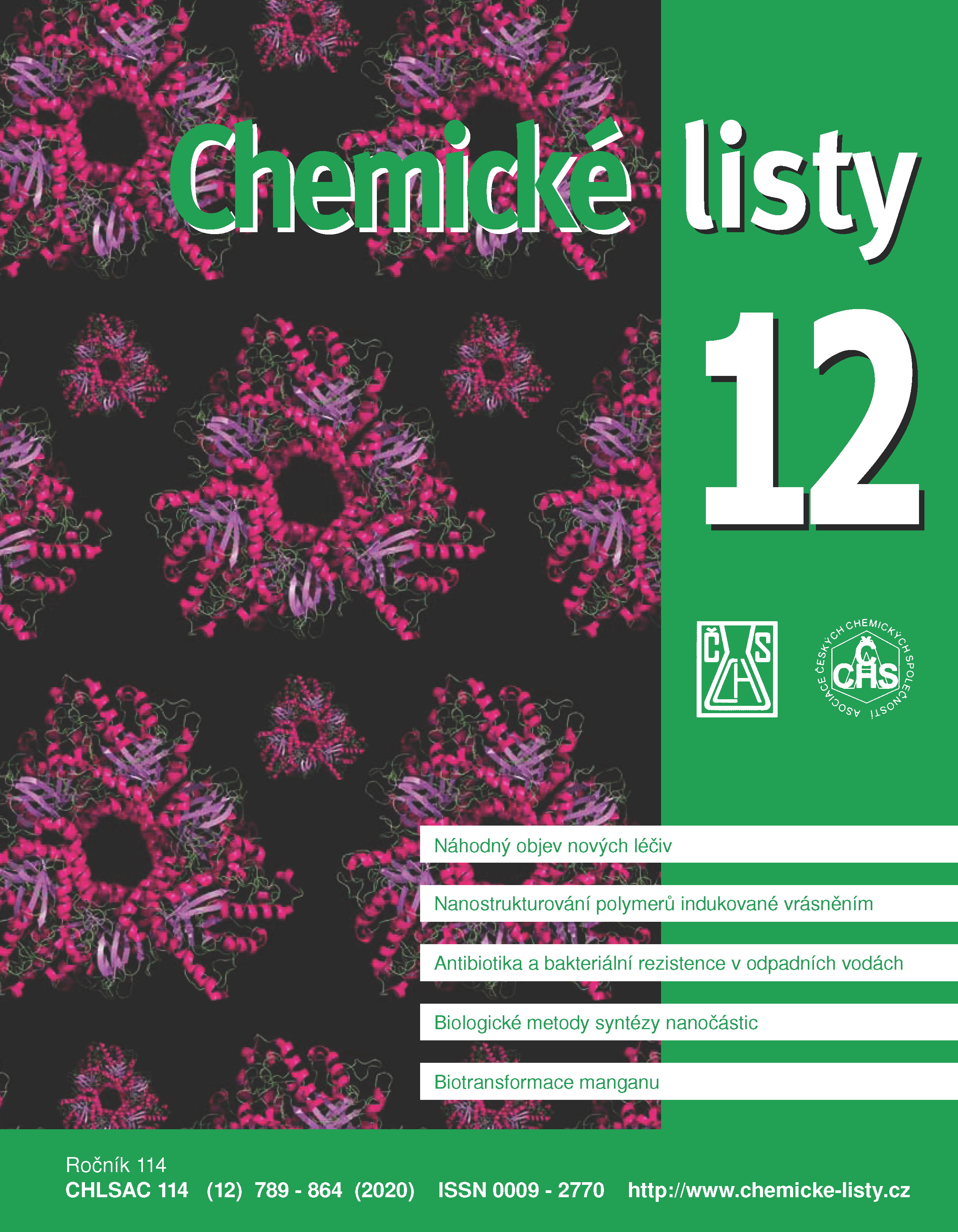FTIR Study of Hemp Hurds Components Degradation in Chemical and Physical Treatment Process
Keywords:
hemp hurds, bio-aggregate, cellulose, hemicellulose, lignin, treatment, FTIR, crystallinityAbstract
The removal of non-cellulosic constituents from hemp hurds is an important factor influencing the properties and behaviour of the surface modified bio-aggregate at its interaction with inorganic matrix in bio-composite. The effect of chemical and physical treatments on the degradation of the main components of the hemp hurds, i.e. cellulose, hemicelluloses, and lignin has been investigated by using Fourier transformed infrared spectroscopy. Chemical modification with three chemical reagents (EDTA, NaOH and Ca(OH)2) was related to the partial removal of non-cellulosic components of lignin and hemicelluloses as well as waxes from the surface of hemp hurds. The most significant changes in this biomaterial were observed in alkaline treated hemp hurds by NaOH. Two physical treatments (ultrasound and boiling in hot water) of hemp hurds were applied. The ultrasonic modification led to the partial removal of lignin from surface of bio-aggregates, while boiling in hot water removed only water–soluble substances. The modification of hemp hurds also affected the structure of cellulose. Degree of cellulose crystallinity in treated samples in comparison to reference sample was assessed by the total crystallinity index (TCI) and lateral order index (LOI) of cellulose. Higher values of these indicators found for the alkali-modified hemp hurds in comparison to the reference sample indicate an increase in the degree of crystallinity and arrangement of the cellulose structure, which can be attributed to the reduction of amorphous cellulose and other components present in the hemp hurds.





